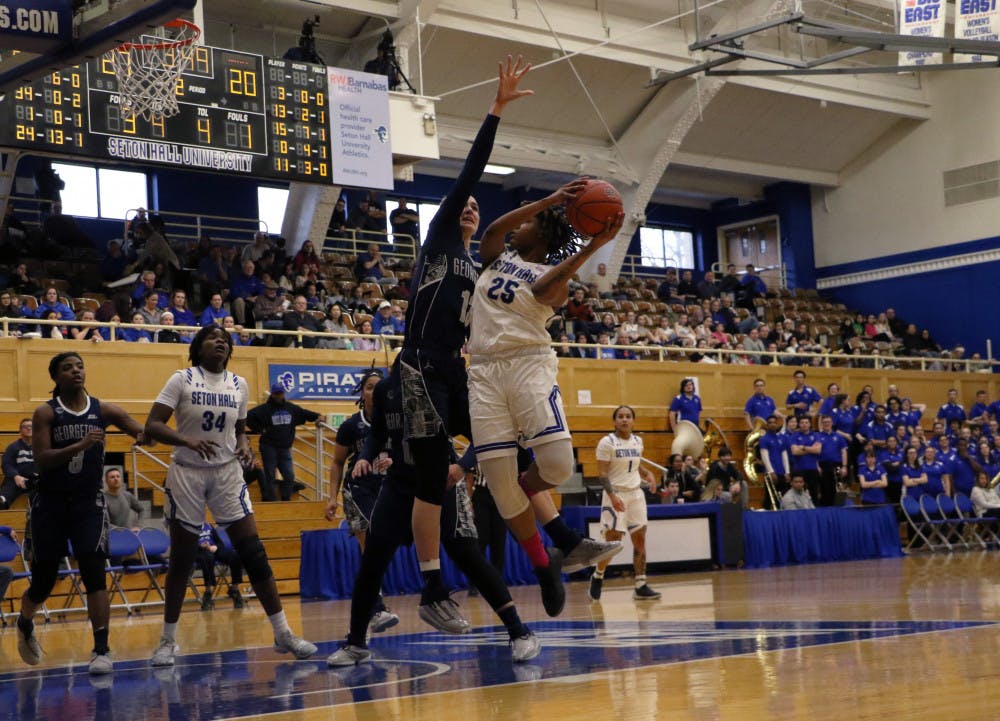In commemoration of the 20th anniversary of the fall of the Berlin Wall, the Slavic Club and The Russian and East European Studies Program are sponsoring an event on Nov. 12 where students can both learn about and discuss one of the most recognized events in Western history.
The event will feature a short lecture from Maxim Matusevich, associate professor of history and the director the Russian and east European studies program.
There will also be a screening of a short documentary and excerpts from the 1990 Pink Floyd performance on the remnants of the Wall.
Several guests will attend and share their first-hand accounts of what it was like to live in the region during this time or their own personal experiences with the Wall. Matusevich said that he wants this event to provide an interactive opportunity for students to learn about the Berlin Wall.
He stressed the importance of communication among different generations to understand what he called, "one of the key turning points in 20th century history."
"I want this to be more of a conversation than a lecture," Matusevich said. "I don't want to deliver anything too heavy. I want to make it light, informative, and celebratory."
Matusevich grew up in the Soviet Union where he experienced the challenges of living during the Cold War.
"If I had to pick and choose one historical moment which was the most pivotal in my lifetime it would be the fall of the Wall," Matusevich said.
The event will provide a different way for students to learn about the Wall.
"I am looking forward to learning about the fall of the Berlin Wall from a firsthand perspective as opposed to a history textbook the way I always have before," Jessica Renner, sophomore and member of Slavic Club, said.
Matusevhich believes that this event triggered a new era in Europe.
"I think the Wall was almost a symbol of the violation of the human will by a government and the removal became a symbol of, sort of, reestablishing of human justice and fairness," he said.
The Berlin Wall was erected in 1961 during the Cold War as a barrier between the city of West Berlin, and the East Germany, including East Berlin. The Wall fell in 1989, something that many view as an end to the Cold War and the beginning of a wide-spread political "freedom" in Europe.
Commemoration events are taking place all over the world in coming weeks, with many already having occurred.
"The rest of the world is commemorating, so we shouldn't be an exception," Matusevich said.
Alyana Alfaro can be reached at alyana.alfaro@student.shu.edu.





